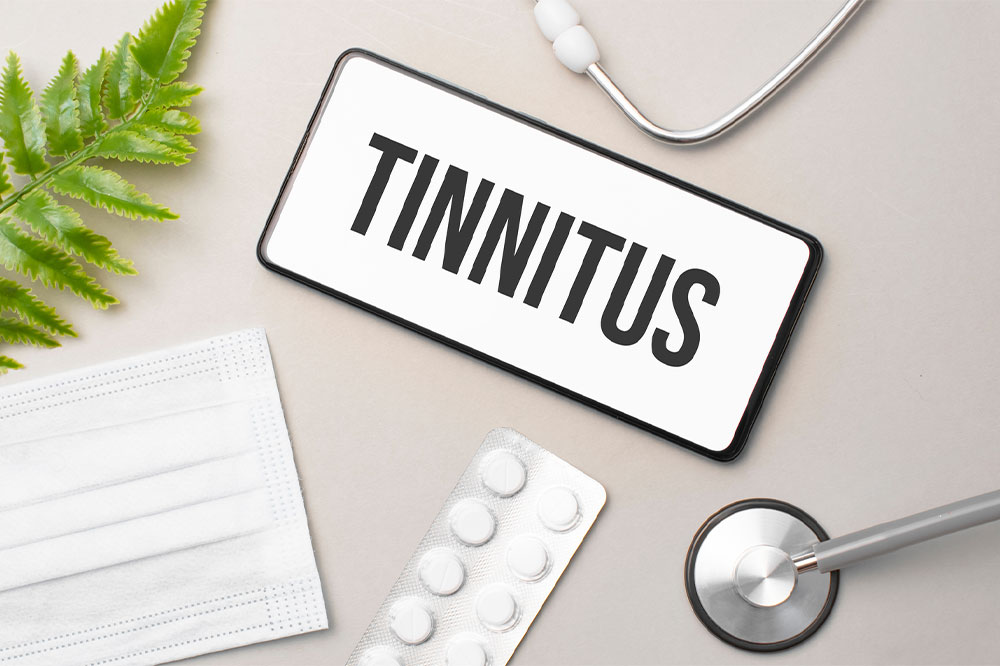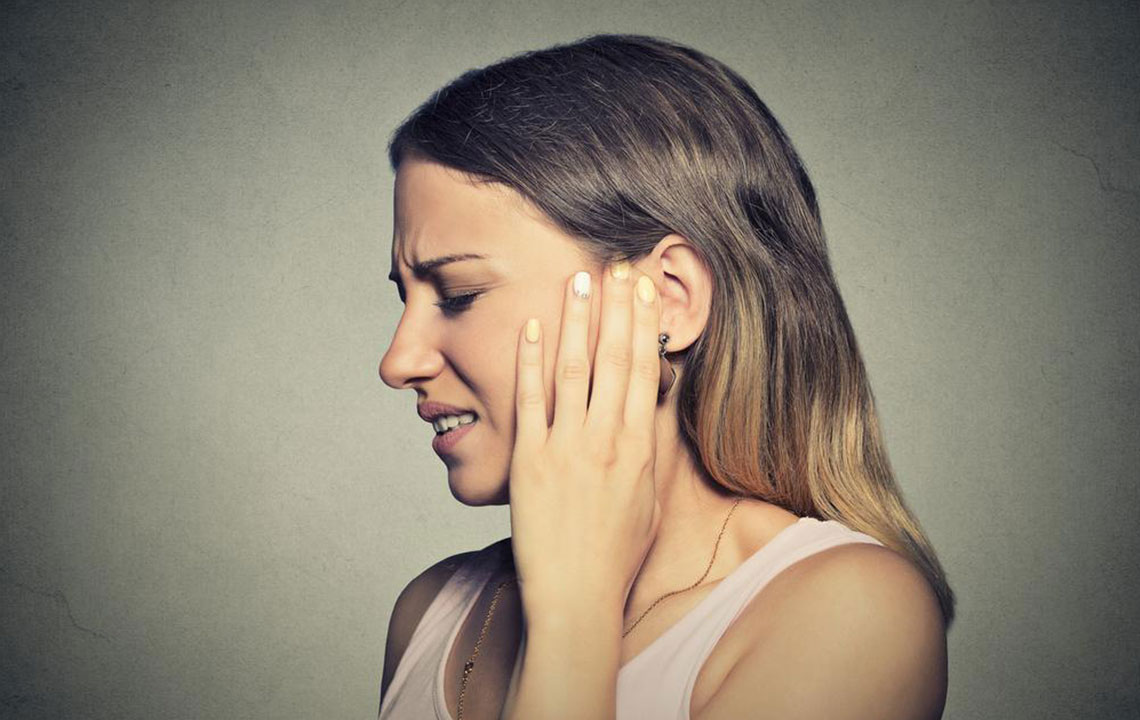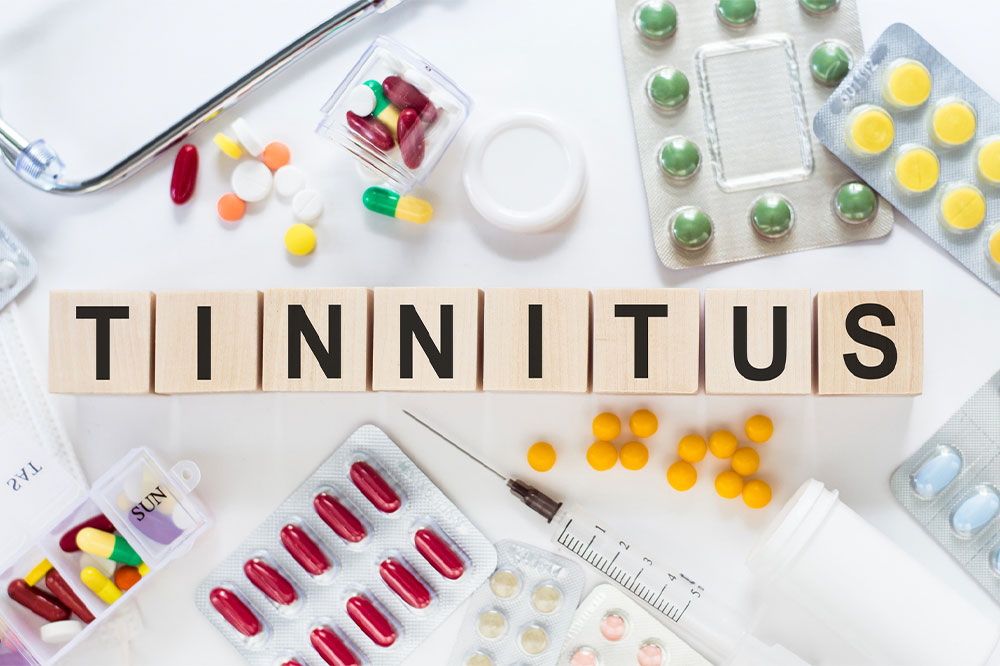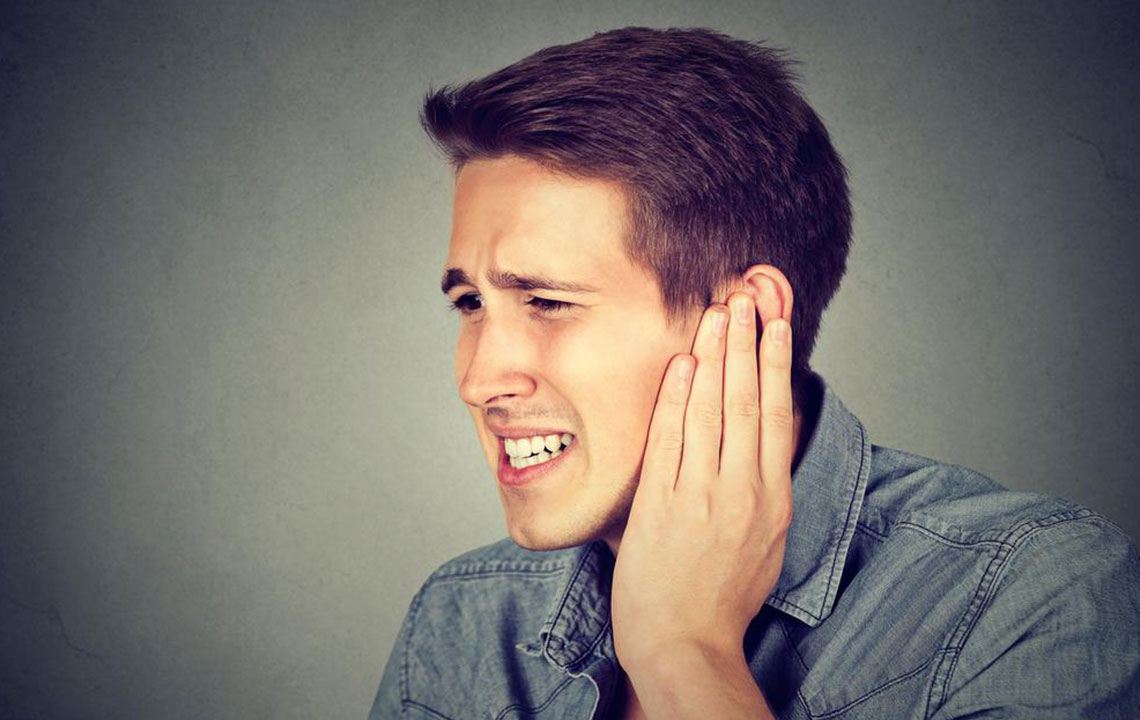Comprehensive Guide to Tinnitus: Symptoms, Causes, and Treatments
This comprehensive overview explains tinnitus, its symptoms, causes, and management strategies. While no cure exists, various treatments help lessen its impact. Protecting hearing health and addressing underlying issues are vital. The article emphasizes lifestyle changes, sound therapy, and medical interventions to improve quality of life for those affected.
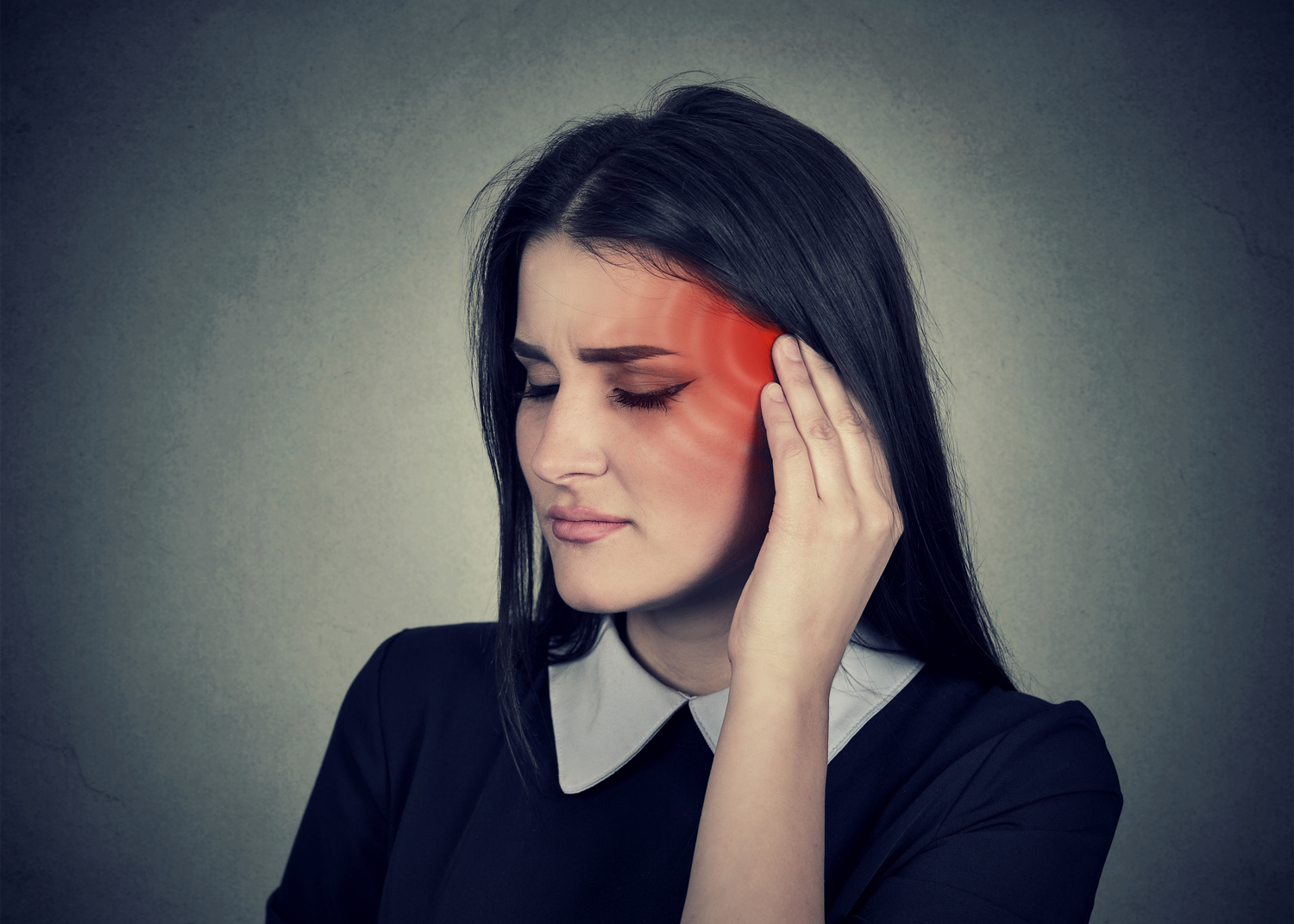
Comprehensive Guide to Tinnitus: Symptoms, Causes, and Treatments
Learn everything about tinnitus
Tinnitus is characterized by hearing ringing, clicking, hissing, or whistling sounds without an external source. The condition can be temporary or persistent, impacting millions worldwide.
Nearly 50 million adults experience tinnitus, mainly after age 50, though children and teens can also be affected.
Below is crucial information about tinnitus, including its symptoms, causes, and management options.
What is tinnitus?
Tinnitus involves perceiving sounds that originate internally, with no external cause.
It generally signifies an underlying condition rather than a standalone disease.
The sounds are typically subjective, heard solely by the individual.
The most common sound is a consistent high-pitched ringing.
In rare instances, approximately 1%, tinnitus becomes objective, where others can hear the noise, often linked to muscular or heart movements. This indicates an urgent medical situation requiring immediate attention.
Symptoms of tinnitus include:
Perception of internal sounds such as buzzing, chirping, clicking, hissing, pulsating, static, or whistle.
Sounds may be continuous or sporadic, affecting one or both ears.
The volume and pitch can vary, often sharper in silence or at night.
Some degree of hearing impairment may be present.
Causes of tinnitus:
Identifying the root cause is vital for effective management. Common factors include:
Age-related hearing changes
Prolonged exposure to loud noises
Use of ototoxic medications
Cardiovascular issues
High blood pressure
Stress and anxiety
Head trauma
Jaw joint disorders (TMJ)
Head injuries
Cerumen buildup (earwax)
Middle ear infections
Certain tumors
Management and treatment options:
While a cure remains elusive, various therapies help alleviate symptoms:
Address underlying issues: Treat infections, remove excess earwax, or manage TMJ problems.
Sound therapy: Using background sounds, white noise, or hearing aids to mask tinnitus and divert attention.
Tinnitus retraining therapy (TRT): Helping the brain accept tinnitus as normal, reducing its disruptive impact.
Cognitive behavioral therapy (CBT): Aids in managing emotional distress related to tinnitus.
Lifestyle adjustments: Protect ears from loud environments, maintain good hearing health, exercise regularly, eat balanced meals, sleep well, avoid smoking and excess alcohol, manage stress, and engage in social activities. These changes can reduce overall impact and improve quality of life.
Disclaimer:
This article offers educational insights but should not replace medical advice. Consult healthcare professionals for diagnosis and treatment tailored to individual needs. Our site strives to provide accurate information but cannot guarantee the completeness or accuracy of all data. Always seek expert guidance before making health decisions.

